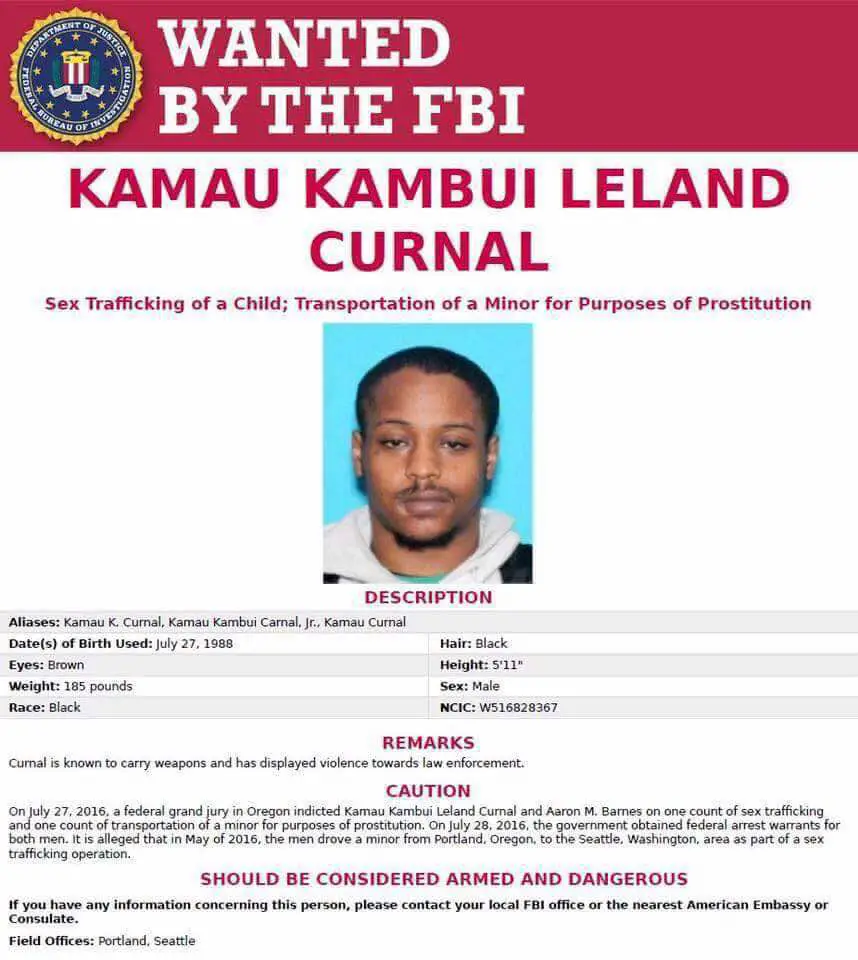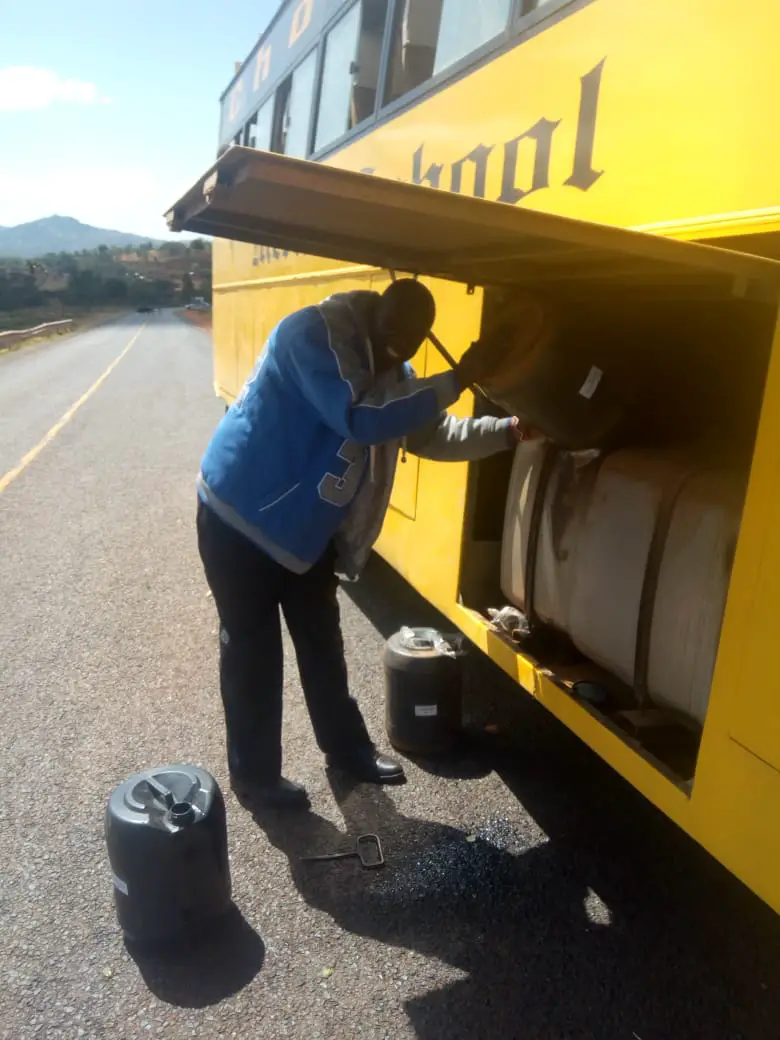Bishop Paul Ngarama reads and watches the news with anxiety these days, afraid of what an excitable media will publish next about his only daughter, Ms Monica Kimani, whose murder has dominated headlines for a week now.
Monica’s murder is the kind of story that appears stranger than fiction and has enthralled the nation.
It has all the elements of a blockbuster movie: a beautiful woman, a celebrity couple, a gun, money, cross-border interests.
The public cannot seem to get enough.
TRAUMATISED FAMILY
But at the centre of all the razzmatazz is a traumatised family who are yet to come to terms with their grief, shocked that life could deal them such a cruel hand.
“Monica was my heart. She was the flower of our lives; beautiful, intelligent, generous, a peacemaker. It is hard to imagine that she has been taken from us forever and will never come back home,” said Bishop Ngarama.
When the Nation met him in Thika, the 51-year-old preacher was reluctant to give this interview, distressed over what he says are lies that blogs have been publishing about his daughter.
He admits that Monica, who would have turned 28 a week from now, loved the finer things in life but disputes that someone else was funding it.
Yes, it is true that she had a house in Ruaka, drove a flashy BMW X5, was often photographed in expensive clothes and shoes and was a frequent flyer between Nairobi, Juba, Dubai and sometimes China.
NO SHADOWY SPONSORS
But the bishop wants to set the record straight that his daughter’s wealth came from the business that she ran, and not from shadowy sponsors as per some media reports.
“She was a hard worker with a keen sense for making money. She was involved in interior design and cleaning services and had some lucrative contracts from Unicef and UAP Insurance. She was not living off any man, least of all General Daniel Awet Akot whom she never met,” he said.
According to Ngarama, General Akot, currently the deputy speaker in South Sudan’s parliament, was not known to Monica.
“I am the one who knew the general. I met him when I was chairman of the Kenyan business community in Rumbek and he helped me open churches. That was the extent of our relationship. We lost contact in 2013 when the war broke out and I came back to Kenya,” said Ngarama.
Monica had always chosen the road less travelled.
The first time that she went to South Sudan, she was just 20 years old, and she was interning at the Kenyan Embassy in Juba.
SENSE OF ADVENTURE
She was a student of International Relations at what is now Technical University of Kenya and was eager to do her compulsory internship in Juba, displaying a stubborn streak and a remarkable sense of adventure for one so young. That was in 2010.
Her father had by then lived in South Sudan for five years, establishing himself as a missionary and a businessman.
He sold clothes, car batteries and was also a newspaper vendor.
“Monica would not listen to me when I told her to do her internship locally. I was worried for her safety, but then my daughter has always been headstrong. Once she set her sights on something she found a way to get it,” he said.
Monica excelled at her embassy internship, so much so that she was hired as an employee after she finished her diploma at TUK. She worked there for two years and, according to her father, that job opened up Monica’s world and gave her the connections that would later serve her in business.
“She rubbed shoulders with powerful people both in government and in business as she was responsible for processing their visas. She quit after two years to go into interior design on the advice of an Eritrean friend she had made in Juba,” says Ngarama.
FAMILY’S FORTUNES
Monica’s foray into business turned the fortunes of the family around.
Her father had registered a company, Millypaul General Trading, which Monica used to import large shipments of interior design materials such as wall paper, tiles and ceilings.
In a few years, she transformed her father’s modest business into a company with sizeable holdings, and expanded it to include cleaning services. She counted UAP Insurance, several banks and Unicef among her clients.
“When the war broke out in 2013, we were among the Kenyans that were airlifted back to Nairobi by the government. But Monica went back when things cooled down to manage the business. Today, I cannot tell you what it is worth because I stopped being involved,” he said.

















































